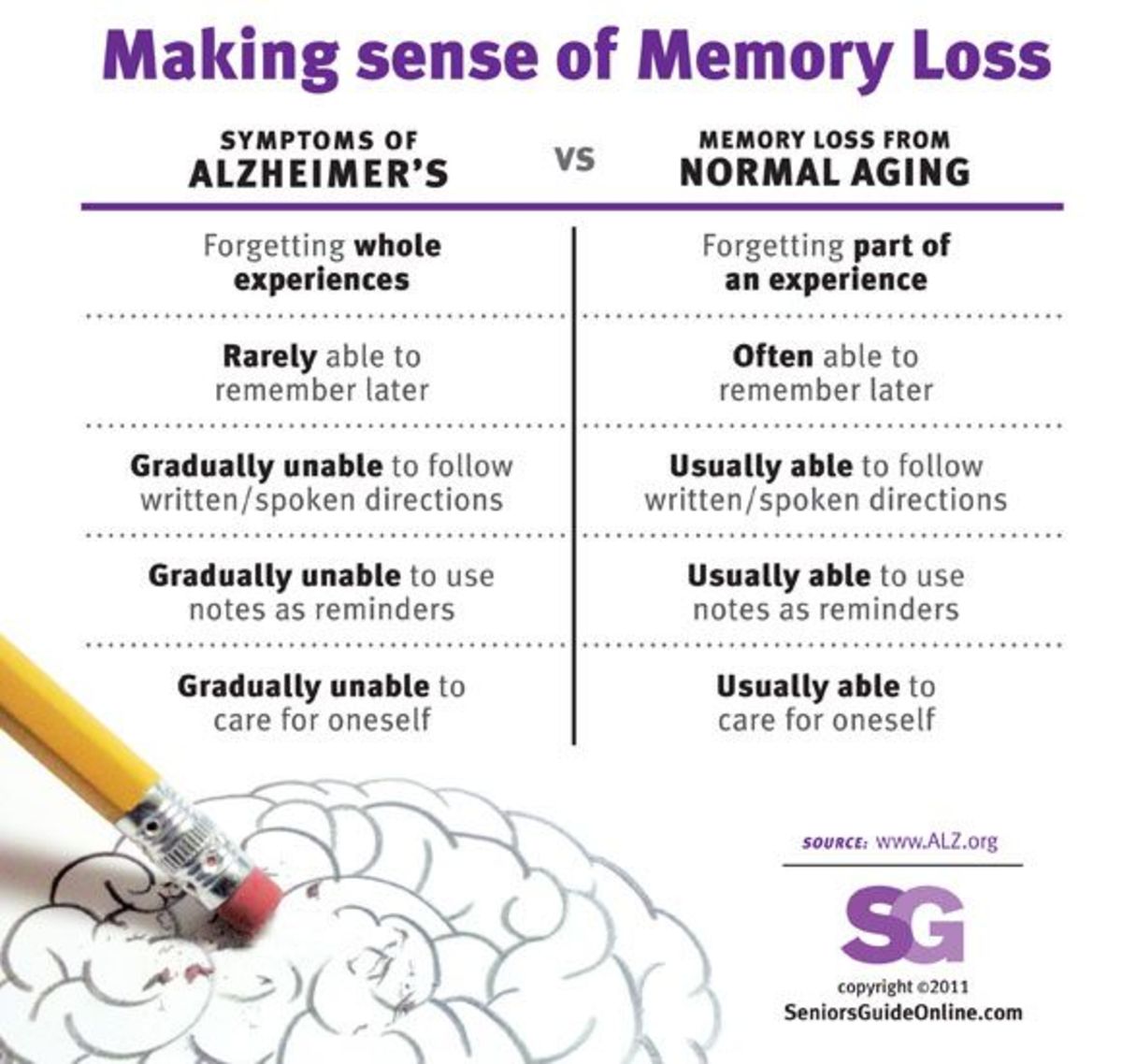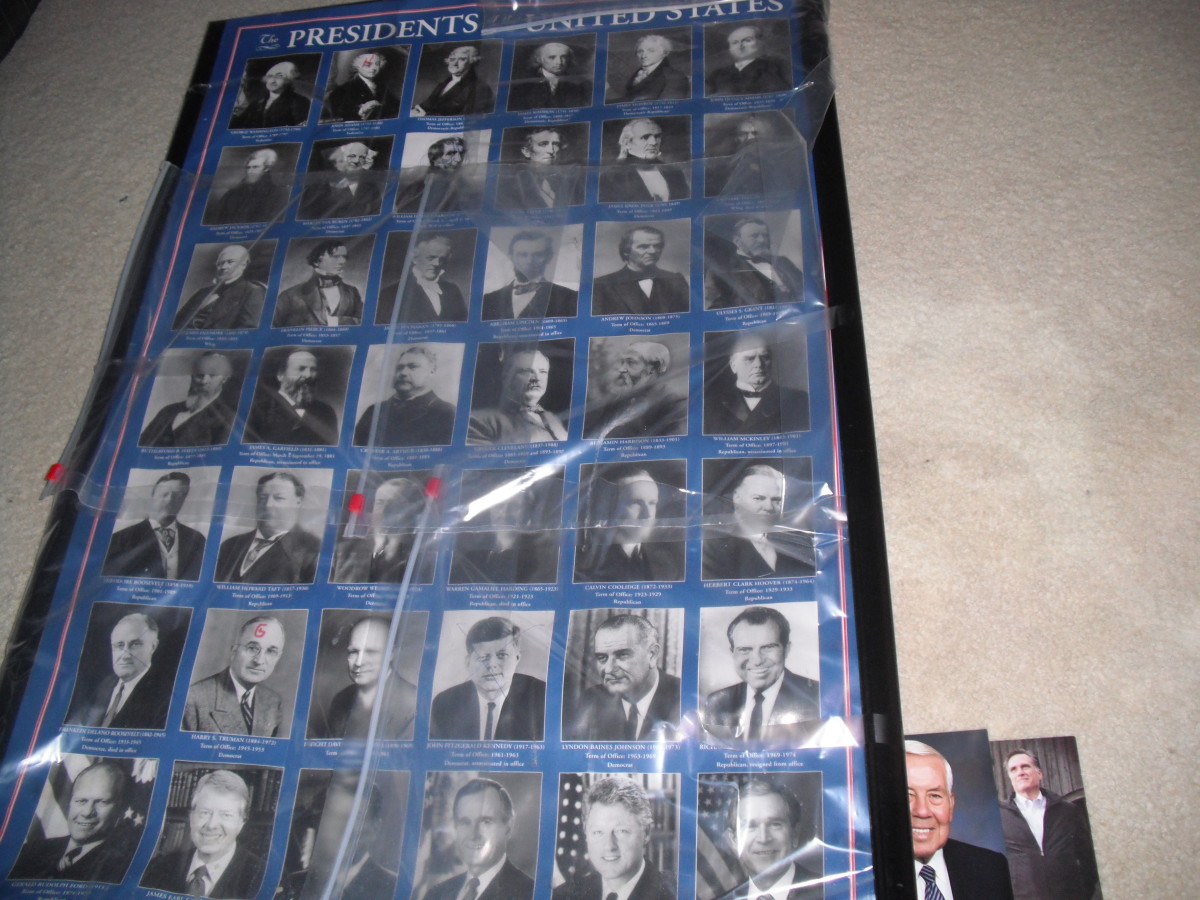The Obama Apperception Test: What your vote (and the reasons behind it) says about your unconscious needs
by Mikhail Lyubansky
It seems to be good sport these days to play “armchair psychologist” – to offer psychological explanations for Barack Obama’s appeal, for why he was able to successfully court the moderate white vote, for his unusually strong appeal to young voters, for …well, for just about anything really. I’m no exception. I think psychology can provide insight into politics and political behavior just as much as anyone. To wit, I hereby introduce the just developed Obama Apperception Test.
rorschach sample

Like the Rorschach and the TAT, the Obama Apperception Test is based on the projective hypothesis – the notion, first introduced by Lawrence Frank in 1939, that “When people try to understand vague or ambiguous unstructured stimuli, the interpretation they produce reflects their needs, feelings, experience, prior conditioning, and thought processes.” In other words, projective tests bypass our conscious psychological defenses to reveal unconscious motives and conflicts.
The key to the projective tests’ effectiveness lies in their ambiguous content. Thus, a person can only determine what he/she sees in an amorphous inkblot (the Rorschach test) by imposing (i.e., projecting) his/her self onto the blot. The answer, by definition, reveals quite a bit about the person and nothing at all about the blot, because the blot is so ambiguous that it could be practically anything. During the past few months, a number of (mostly conservative) bloggers have noted that Barack Obama is not unlike a Rorschach in his ambiguity.
Here’s an example from Michael F. Shaughnessy (interview with Diana Sheets):
“…Obama's Dreams from My Father is projective. The memoir provides a carefully crafted portrayal of his life and beliefs that is deliberately ambiguous. This ‘ingenious lack of specificity,’ suggests biographer David Mendell, encourages voters to interpret Obama's narrative according to the emotional values they bring to his story. The result, as Democratic operative Ben Wallace-Wells indicates, is that Obama represents "a kind of human Rorschach test" in which a seemingly infinite variety of perspectives can be attributed to him.”
And another one from James Lewis (Obama and the Childish Left)
“Enter Obama. We still know almost nothing about him. But that's the point. The less you know the better you feel, because Obama is a projective figure, a human Rorschach test.”
The analogy is, of course, symbolic. No person could literally be as ambiguous as a Rorschach. The usual point of the blogs from the right was that because Obama had, at times (mostly, early in the primary campaign), been somewhat vague about a variety of issues, from late-term abortion to ending the war in Iraq, he was somehow less reliable and trustworthy. The argument is illogical. Since when is a rigid, one-size-fits-all position on complex issues more desirable than one that acknowledges dynamic contextual circumstances? But the Rorschach metaphor does have its utility. Because of Obama’s personality (even-keeled, thoughtful, nuanced, pragmatic) and his relatively slim public record, it is indeed possible for very different people to project their own values, needs, and traits onto him.
Obama himself acknowledged as much in The Audacity of Hope, in which he wrote
"I am new enough on the national political scene that I serve as a blank screen on which people of vastly different political stripes project their own views."
If anything, the dominant themes of his entire campaign (Hope and Change) were based, at least in part, on people’s presumed tendency to project in this manner. Hope for what? What kind of change? Each voter could insert his/her own desire and find little in Obama’s speeches and interviews to contradict that vision. But, and this is the key: as with the original Rorschach, the extent to which the American public actually projects its values and needs onto Obama reveals a great deal about the said public and very little about Obama himself.
The perceptual differences are striking and not just between the pro-Obama and anti-Obama camps. Those differences, after all, could just as easily be motivated by politics, the desire to promote one candidate over another by highlighting positive vs. negative characteristics. Indeed, it is the within-group differences that were most telling.
Skim the pro-Obama blogs among different political constituencies and this becomes readily evident: Traditional liberals tended to see a kindred spirit who had to make accommodations to the political Center in order to win the election, while Pro-Obama moderates saw a person guided by pragmatism, rather than liberal ideology. Similarly, anti-Obama bloggers perceived Obama as a communist or a terrorist or a fascist, or insert the thing you fear most in a potential President. This played out in almost every context, but I’ll use the issue of race relations as the primary demonstration. For convenience, I’ll start with the far right and work my way left.
You don’t get much more politically Right than white supremacy groups, a population one would normally expect to be united in their opposition to Obama. Not so. While there were indeed those who were horrified at the possibility of a non-White President, others pushed for an Obama victory in the hope that it would serve as “a wake-up call” for a race war in which Whites could reclaim the country as their own. Not that white racists (not even those who voted for Obama, are a monolithic group). Those with less extreme ambitions (moving slightly left on our political ideology graph) appeared to have supported Obama out of perceived self-interest. Why not? As Ron Walters, a longtime student of race and politics and aide to the senior Jesse Jackson’s presidential campaigns, explained:
"Not all whites associate the generic African American with Obama. They give him credit for having half a Caucasian ancestry, and give him credit for his education, and give him credit for his obvious ability to take complex subjects and parse them."
Never mind that all of the above is true. The point is that this is what some voters, including some openly racist voters, chose to see.
Of course, neo-conservatives chose to see a very different candidate, one that presented himself as a post-racial (rather than as a Black) candidate, one who transcended the traditional racial divisions and tensions (it helped that Jesse Jackson took some shots at him) and who would be President of the entire United States, not just its African American contingency. Here’s an example from Ben Smith’s Politico blog:
"Obama’s personality - his speech, his look - he provides [white voters] with a non-threatening way to move forward on this issue, and that’s a very positive development," said David Waymire, who led the unsuccessful opposition to the anti-affirmative action initiative. "He is not Kwame Kilpatrick," he said, referring to the Detroit mayor who resigned last month after pleading guilty in a sex and misconduct scandal.”
Traditional liberals, on the other hand, were unapologetic in seeing Obama as an African American and saw his potential election as a historical event and as further evidence that we, as a nation, are moving closer to Martin Luther King Jr,’s dream. Liberals expected him to support a variety of racial justice initiatives, including affirmative action, as well as other traditional liberal concerns such as poverty.
These perceptions are incompatible with one another, and it is, therefore, tempting to ask which version is more accurate, more right (in the “correct” sense of the word). This is a question worth asking, but not in this particular context. Projective tests in general, and the Rorschach in particular, have no right and wrong answers. The point is that in all elections but particularly in this one, who we agree with and ultimately who we vote for (and why!) provides an unusual window into our social and political selves, including those parts of our selves we usually try to hide and deny. As Fyodor Dostoevsky observed, we all engage in this process:
"Every man has some reminiscences which he would not tell to everyone, but only to his friends. He has others which he would not reveal even to his friends, but only to himself, and that in secret. But finally there are still others which a man is even afraid to tell himself, and every decent man has a considerable number of such things stored away. That is, one can even say that the more decent he is, the greater the number of such things in his mind."
But as any psychodynamic psychologist would tell you, there are benefits to uncovering that which is buried in our unconscious. You may already know your conscious beliefs, but if you want to know your unconscious social and political needs and fears, just take the Obama Apperception Test: If you’re perfectly honest with yourself, what did you see in this candidate? What did you believe about him? The answers offer a rare glance into your own unconscious.






